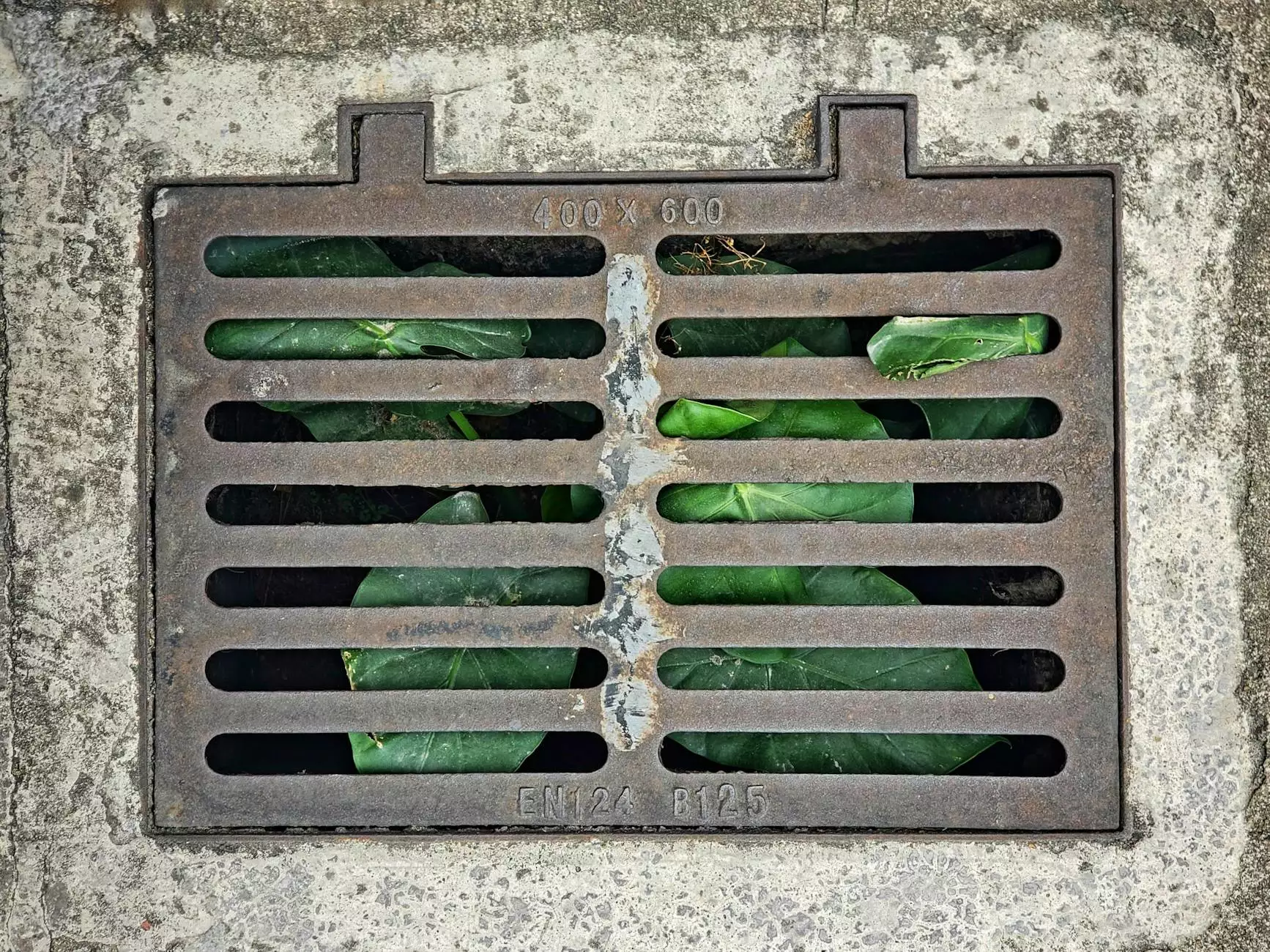Understanding Boiler Gauge Glass Seals: Essential for Safety and Efficiency

In the realm of industrial and residential systems, boiler gauge glass seals play an indispensable role. Understanding their functionality, maintenance, and types can have significant implications for safety and efficiency. This comprehensive guide explores these aspects in detail, providing valuable insights for homeowners and professionals alike.
What Are Boiler Gauge Glass Seals?
Boiler gauge glass seals are crucial components that ensure the secure attachment of gauge glass in steam and water boilers. These seals prevent leaks while allowing clear visibility of the water level within the boiler. The gauge glass provides essential information, enabling operators to monitor water levels, enhancing both safety and performance.
Why Are Boiler Gauge Glass Seals Important?
Boiler systems operate under high pressure and temperature conditions. Therefore, the importance of robust gauge glass seals can hardly be overstated. Here are key reasons why they matter:
- Safety: Proper seals prevent leaks, which can lead to catastrophic failures.
- Operational Efficiency: Clear visibility of water levels aids in maintaining optimal boiler performance.
- Cost-Efficiency: Preventing leaks minimizes water loss and energy expenditure.
Types of Boiler Gauge Glass Seals
Understanding the various types of seals assists in selecting the right one for specific applications. Here are the common types of boiler gauge glass seals:
1. Standard Compression Seals
These seals are widely used due to their simplicity and effectiveness. They consist of a rubber or plastic sealing material compressed between the gauge glass and the fitting, providing a leak-proof seal.
2. Monel Seals
Made from a nickel-copper alloy, Monel seals are ideal for high-temperature applications. Their resistance to corrosion makes them suitable for various industrial environments.
3. PTFE (Teflon) Seals
PTFE seals are highly versatile and provide exceptional chemical resistance. They are suitable for harsh environments where traditional materials may fail.
4. Silicone Seals
Silicone seals are flexible and can withstand extreme temperatures. They are often used in applications where the temperature fluctuates drastically.
Choosing the Right Boiler Gauge Glass Seals
Selecting the appropriate seals for your boiler involves understanding the operational environment and specific needs. Consider the following factors:
- Temperature Rating: Ensure the seals you choose can withstand the operating temperatures of your system.
- Material Compatibility: The seal material must resist the fluids present in your boiler system.
- Pressure Levels: Assess the pressure conditions and select seals that can manage the required levels without compromising safety.
Installation of Boiler Gauge Glass Seals
The installation process for boiler gauge glass seals is critical. Improper installation can lead to leaks and safety hazards. Follow these steps for effective installation:
Step-by-Step Installation Guide:
- Preparation: Ensure all components are clean and free of debris.
- Positioning: Carefully position the gauge glass in place, aligning it with the fittings.
- Applying Seals: Place the chosen seals on both sides of the gauge glass.
- Tightening: Gradually tighten the fittings to ensure a secure seal without over-torquing.
- Testing: Conduct a pressure test to verify that there are no leaks.
Maintenance of Boiler Gauge Glass Seals
Regular maintenance of boiler gauge glass seals is pivotal for long-term performance. Here are some maintenance tips:
- Regular Inspections: Check seals for wear, cracking, or degradation regularly.
- Cleaning: Clean the gauge glass and seals to prevent buildup that could cause leaks.
- Prompt Replacement: Replace seals at the first sign of damage to avoid operational issues.
Common Issues with Boiler Gauge Glass Seals
Understanding common problems associated with boiler gauge glass seals can help in troubleshooting:
- Leaks: Often caused by wear or improper installation.
- Cloudy Glass: Unclean glass due to mineral buildup that obstructs visibility.
- Poor Visibility: Resulting from internal contamination or a failure of the seals.
Conclusion: Ensuring the Reliability of Your Boiler System
In conclusion, boiler gauge glass seals are vital for both safety and efficiency in any boiler system. Selecting the right type, ensuring proper installation, and performing regular maintenance are essential practices that can save time, resources, and most importantly, enhance safety. Understanding these critical components will empower you to act proactively in managing your boiler, ensuring its longevity and optimal performance.
For further information and high-quality products regarding boiler gauge glass seals, visit gage-glass.com for detailed resources and expert assistance in choosing the right solutions for your needs.









